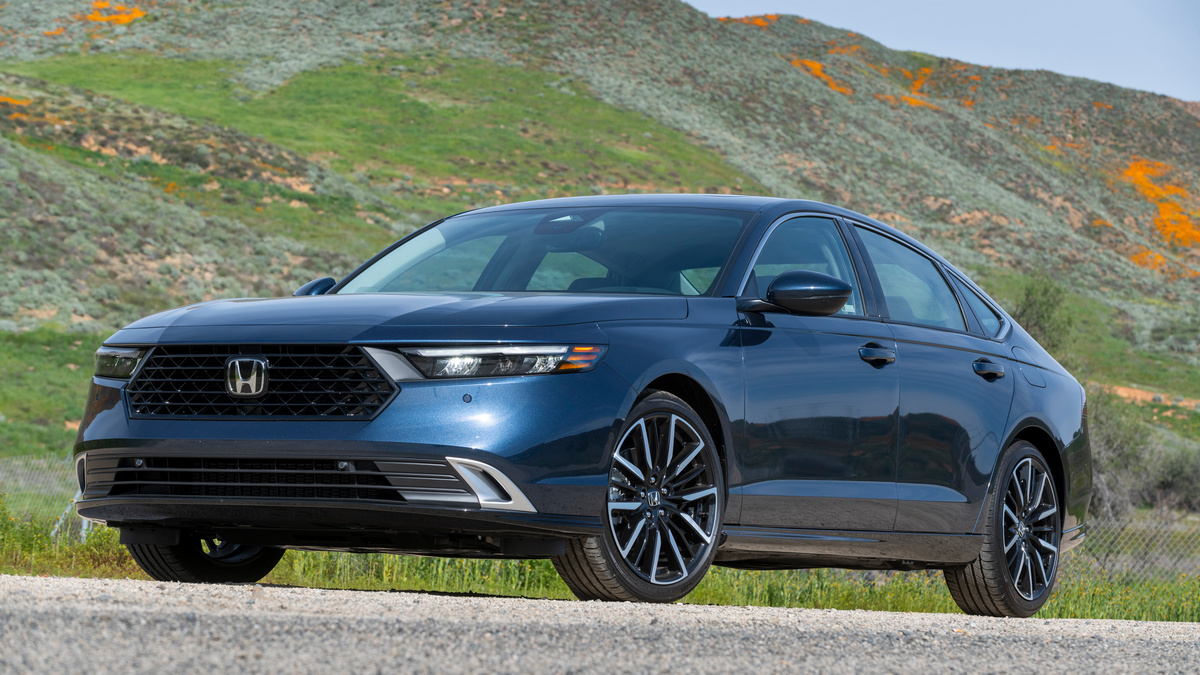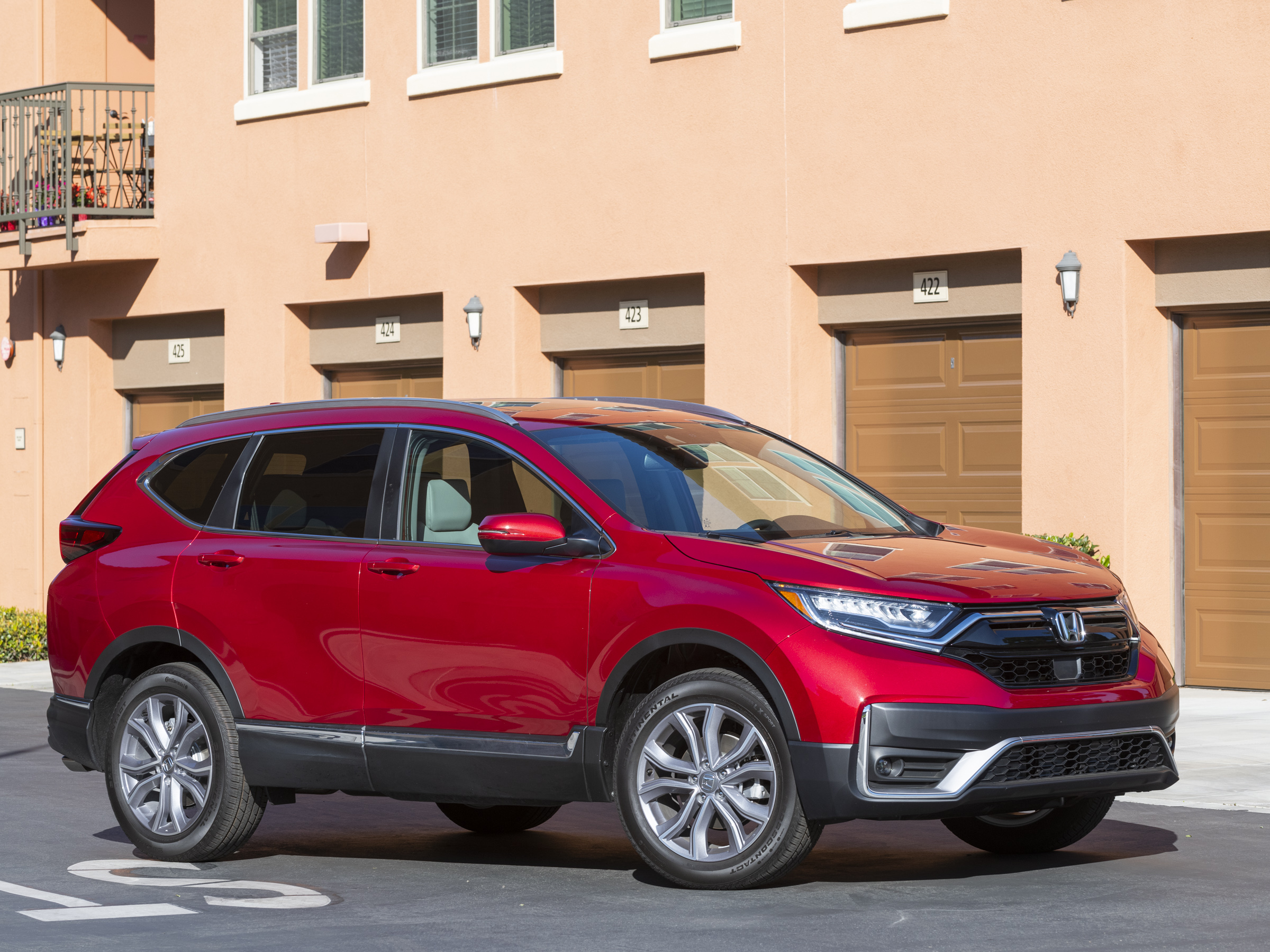Because Toyota‘s sticking-throttle recall and its related vehicle sales suspension affects more than 2.3 million vehicles on the road and on dealers’ lots, we’ve compiled the following list of questions and answers to provide both current and prospective Toyota owners a better understanding of the matter — and what effect it may have on their driving experiences.
We’ll continue updating the information as necessary to reflect any pertinent changes, so check back periodically to keep abreast of the latest developments.
Which specific Toyota models are subject to sales suspension due to the accelerator pedal recall?
Sales of the following Toyota vehicles have been halted as a result of the accelerator pedal issue:
2005-2010 Avalon
Select 2007-2010 Camry models, excluding hybrids
2009-2010 Corolla
2010 Highlander models, excluding hybrids
2009-2010 Matrix
2009-2010 RAV4
2008-2010 Sequoia
2007-2010 Tundra
Toyota vehicles not involved in this recall include the 4Runner, FJ Cruiser, Land Cruiser, Prius, Sienna, Solara, Tacoma, Venza and Yaris as well as the aforementioned Highlander Hybrid and select Camry models. In addition, Camry, RAV4, Corolla and Highlander vehicles with a Vehicle Identification Number (VIN) that starts with "J" are not affected. No Lexus or Scion models are part of this recall.
>Related: Toyota Stops Sales of Eight Vehicles
How long will this sales suspension remain in effect?
Toyota is currently reviewing a number of options aimed at resolving the issue as quickly as possible, but it has not stated a specific date when sales of these vehicles will recommence. The determining factor — which also applies to customer delivery of any new car or truck currently on order — is when a suitable fix can be found, finalized and implemented.
What are the chances a vehicle will be subject to throttle-sticking problems?
Toyota categorizes these occurrences as "rare," although it has provided no other specific statistical data. It also notes that the throttle sticking takes place progressively rather than as a sudden and uncontrolled single instance. Although Toyota says the problem is confined to vehicles with worn pedal mechanisms, legal requirements have forced it to halt sales of new units, as well, until an appropriate remedy gets approved.
What are the most common symptoms of a throttle-sticking problem?
The problem manifests itself as an accelerator pedal that becomes progressively harder to depress, is slower to return to the idle position or in a worst-case scenario, remains in a partially-depressed position.
What should I do if the accelerator pedal on my vehicle sticks while I’m driving?
Admitting that every incident will be somewhat different, Toyota has issued several basic recommendations to help drivers maintain safe control of their vehicles. In most cases, the proper procedure is simply to shift the transmission into Neutral then apply firm and steady pressure on the brake pedal with both feet as the car is being maneuvered to a complete stop. Toyota stresses not to pump the brakes as doing so will deplete the vacuum booster and require greater pedal pressure to halt the vehicle. It also advises that if you can’t shift into Neutral, turn the engine off, but put the key in the Accessory ("ACC") position and don’t remove it from the ignition to prevent locking the steering wheel. On vehicles equipped with a Start/Stop button, depressing and then holding the button down for at least three seconds will shut the engine down. Once a vehicle has been safely stopped, immediately contact a Toyota dealer for assistance.
If I own one of the affected Toyota models, what action do I need to take?
Toyota just recently announced that it has approved a fix for accelerator pedals of affected models, and is currently working with its dealers on how to implement it. Toyota will contact you in the near future — perhaps as early as this week — to provide specific information about scheduling a dealership visit.
Is there a way to contact Toyota directly with any additional queries regarding the sticking-throttle recall or other safety concerns?
Owners of any of the vehicles covered by the recall who have any additional questions should call the Toyota Customer Experience Center at 1-800-331-4331.







